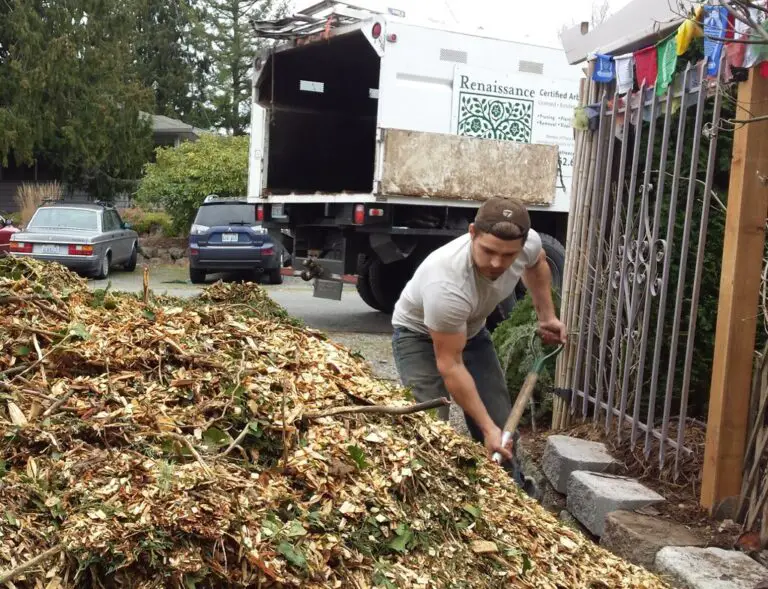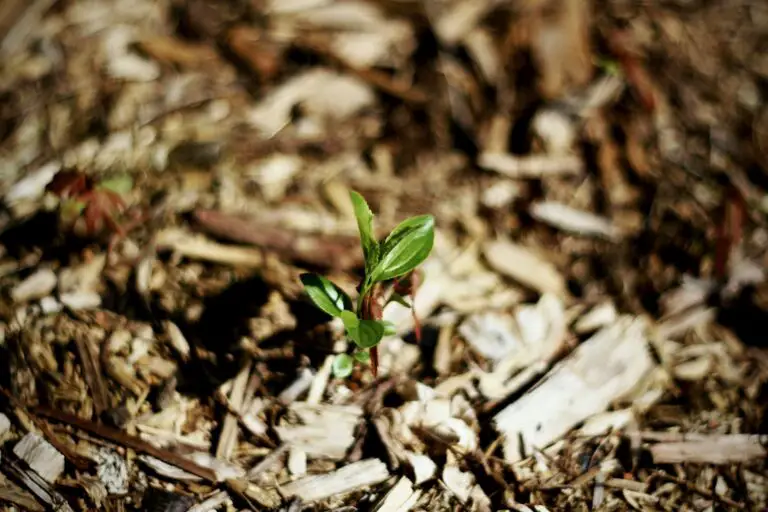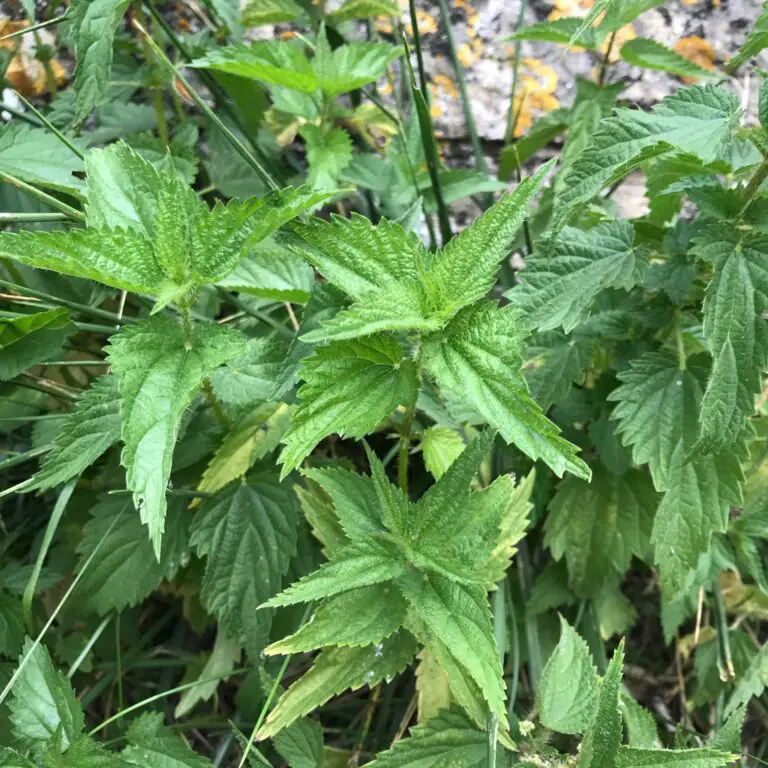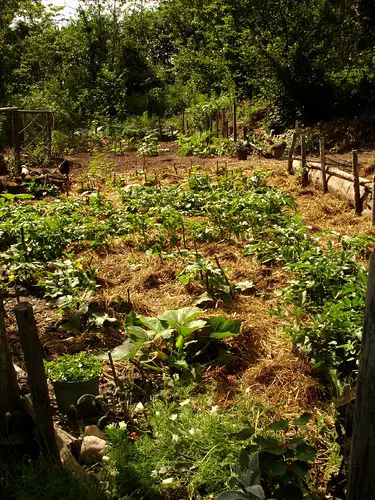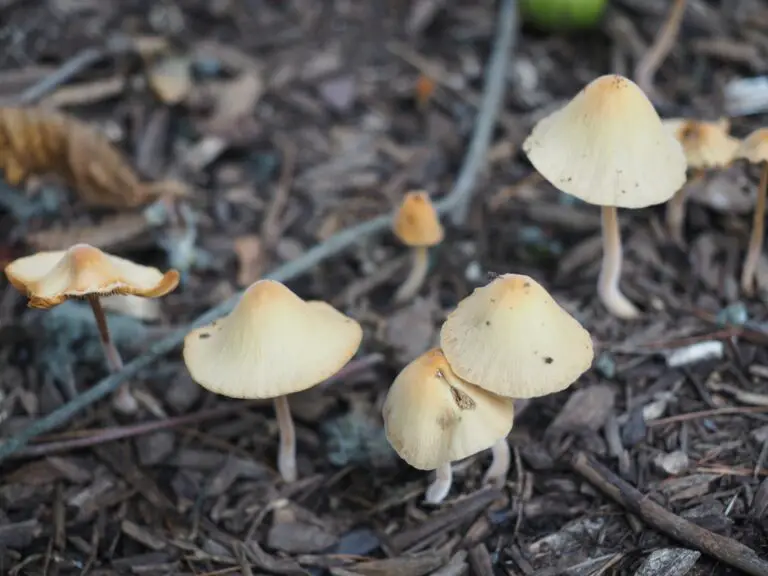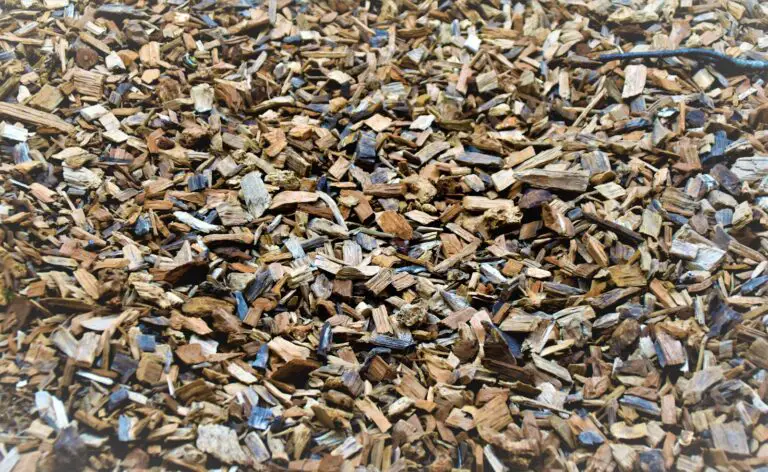Exploring Organic Mulch: Types and Uses
Gardening enthusiasts often seek ways to give their plants an edge, leading to the flourishing of gardens worldwide. One often overlooked yet incredibly beneficial practice is the use of organic mulch. More than just a decorative addition to your garden bed, organic mulch is a superhero in disguise, delivering a host of benefits to the soil and the plants it shelters. In this in-depth guide, we will look at the various types of organic mulch and how you can leverage their unique properties to nurture a thriving garden.
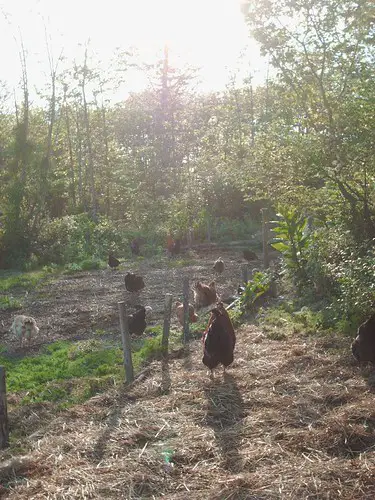
Understanding Organic Mulch
At its essence, organic mulch is any material that can be spread or plied on the soil surface to create a protective layer. This layer shields the soil from erosion, extreme temperatures, and weed invasions while promoting a healthy growing environment for plants. Unlike synthetic mulches, organic mulch is derived from natural materials, often plant-based, and it has the added benefit of enriching the soil as it decomposes.
The Benefits of Mulching
Mulching is a versatile practice with numerous advantages, such as:
- Moisture Retention: Mulch helps the soil retain water by reducing evaporation, thus minimizing the need for frequent watering.
- Weed Suppression: A thick layer of mulch can prevent sunlight from reaching weed seeds, inhibiting their growth.
- Temperature Moderation: Mulch acts as an insulator, protecting plant roots from extreme temperatures, both in summer and winter.
- Erosion Prevention: By absorbing the impact of raindrops, mulch reduces soil compaction and erosion.
- Improving Soil Structure: As organic mulch decomposes, it adds vital nutrients to the soil, improving its fertility and structure.
- Pest and Disease Control: Some organic mulches, such as cedar chips, have natural abilities to repel insects that may damage the plants.
Now that the incredible benefits of organic mulch are established, it’s time to explore the various types and how they can be best employed in your garden.
Types of Organic Mulch and Their Uses
Organic mulches come in several varieties, each with its own set of advantages and uses. Here are five of the most common types and their specific benefits:
1. Straw
Straw is an excellent, easy-to-obtain mulch option. It’s highly effective in vegetable gardens, particularly for crops like tomatoes and strawberries that prefer drier conditions.
Best For: Vegetables, Fruits, and Roses
Why: Straw is known for its ability to retain moisture and prevent soil-splashback on plants, reducing the risk of disease.
2. Wood Chips
Wood chips are durable and decompose slowly, making them a long-lasting mulch suitable for garden pathways and large flower beds.
Best For: Perennials, Trees, and Heavy-Traffic Areas
Why: Wood chips are effective at moisture retention and, over time, they improve the soil structure with their decomposition.
3. Leaves
Leaves are a common, easily accessible mulching material that many gardeners have right in their backyards. They should be shredded to prevent matting.
Best For: Shredded leaves are suitable for annuals, while whole leaves can be utilized around shrubs and trees.
Why: They provide exceptional aeration and moisture retention.
4. Grass Clippings
Fresh grass clippings should be used sparingly to prevent matting and anaerobic decomposition. Dry them beforehand if possible.
Best For: Vegetable Gardens and Around Shrubs
Why: Grass clippings are a nutrient-rich mulch that can help suppress weeds and add nitrogen to the soil as it decomposes.
5. Compost
Compost can serve as a ‘feeding mulch’ due to its high nutrient content. It should be applied around plants in moderation, typically not as a deep layer.
Best For: Fertilizing Vegetables and Perennials
Why: Compost enriches the soil immediately upon application and continues to improve soil fertility over time.
Each type of organic mulch varies in characteristics, but all share the common goal of improving your garden ‘s vitality.
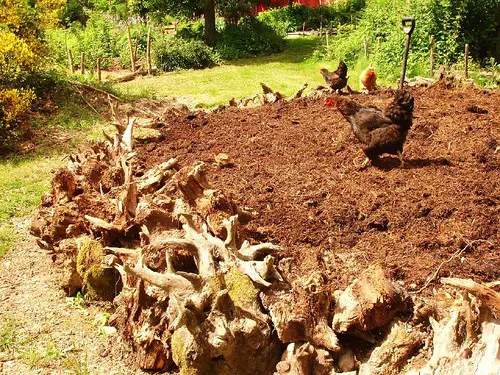
Best Practices for Application
Properly applying organic mulch is key to reaping its full benefits without causing harm to your plants. Here are some guidelines to follow:
Depth and Coverage
Aim for a mulch depth of 2 to 4 inches to sufficiently insulate the soil. Less than 2 inches may not provide adequate protection, while more than 4 inches could lead to too much moisture retention and possible rotting.
Air and Water
Remember that plants and soil need to breathe, and over-mulching can lead to anaerobic conditions. Water should be applied before mulching for proper saturation.
Maintenance
Regularly inspect your mulch for compaction, which can create a habitat for pests and prevent water absorption. Fluff and turn the mulch periodically to maintain its efficacy.
Case Studies
To fully grasp the impact of organic mulch, consider these two scenarios where the practice has led to astounding results:
Case Study 1: Straw in the Strawberry Patch
By using straw mulch in a large strawberry patch, a grower managed to reduce watering needs by half while also eliminating almost all the weeding required.
Case Study 2: Leaves Under the Lavender
An avid gardener utilized a mix of shredded leaves around her lavender plants, not only reducing the soil moisture fluctuations but also creating a rich, loose texture that encouraged the growth of beneficial insects and pollinators.
The potential for improvement in your garden, thanks to organic mulch, is significant. It’s a low-cost, high-yield investment that can transform the health and productivity of your outdoor space.
Conclusion
In the world of gardening, the devil is often in the details, and organic mulch stands out as one such detail that can make a monumental difference. By understanding the various types, their applications, and the best practices for use, you can harness the power of organic mulch to create a healthy, vibrant garden oasis.
Make organic mulch an integral part of your gardening routine, and watch as your plants flourish in the nutrient-rich, weed-free, and moisture-controlled environment you’ve carefully crafted. Your garden will thank you with abundance, season after season.

